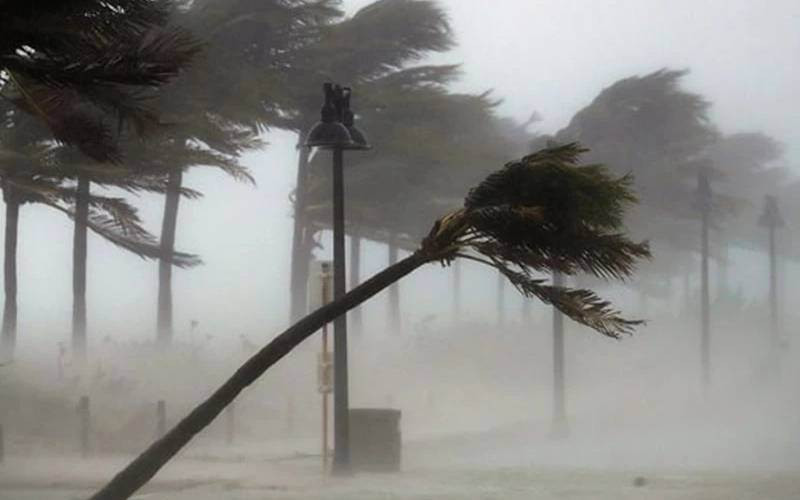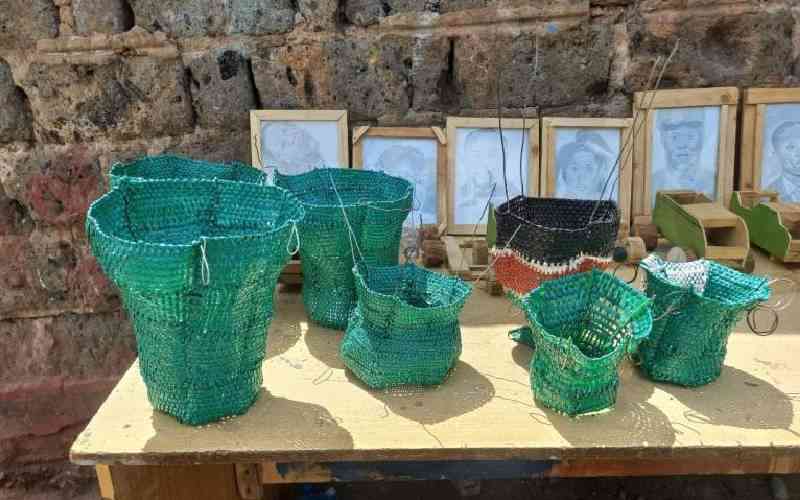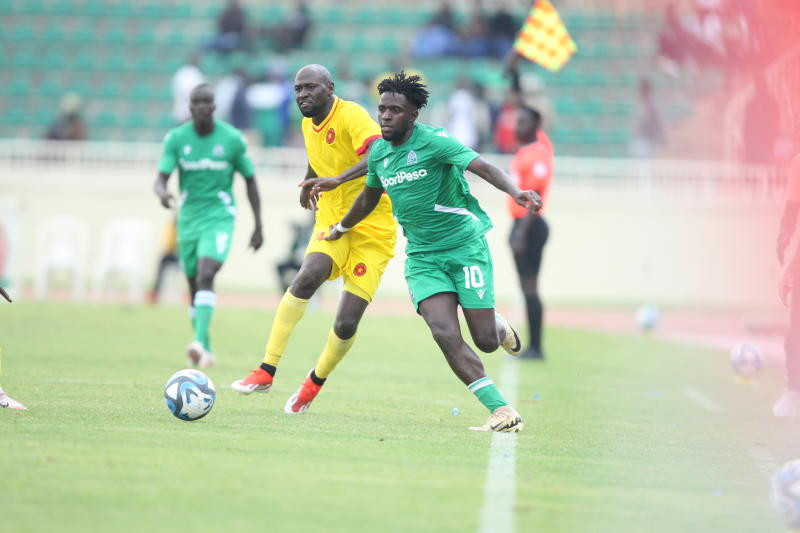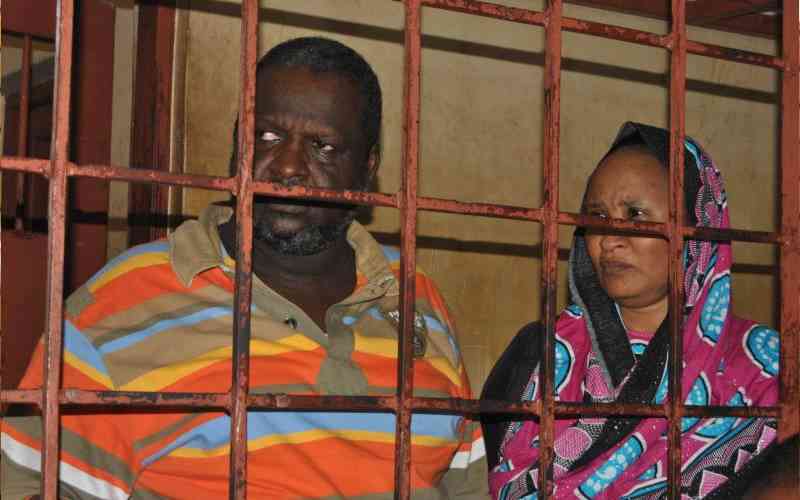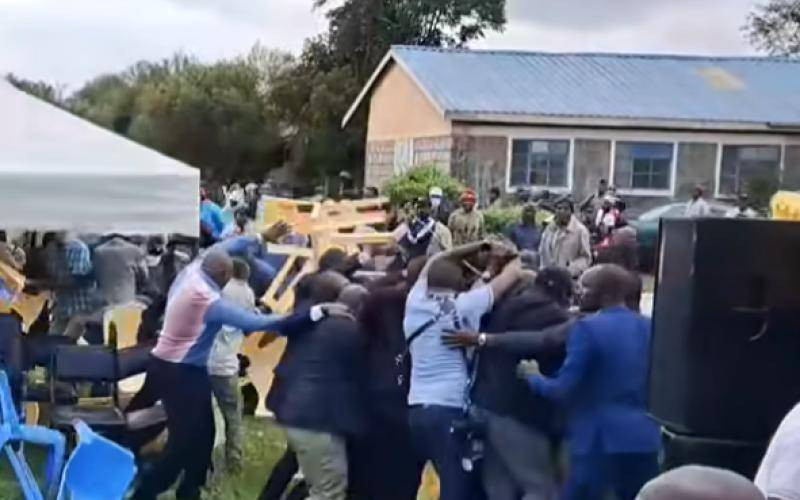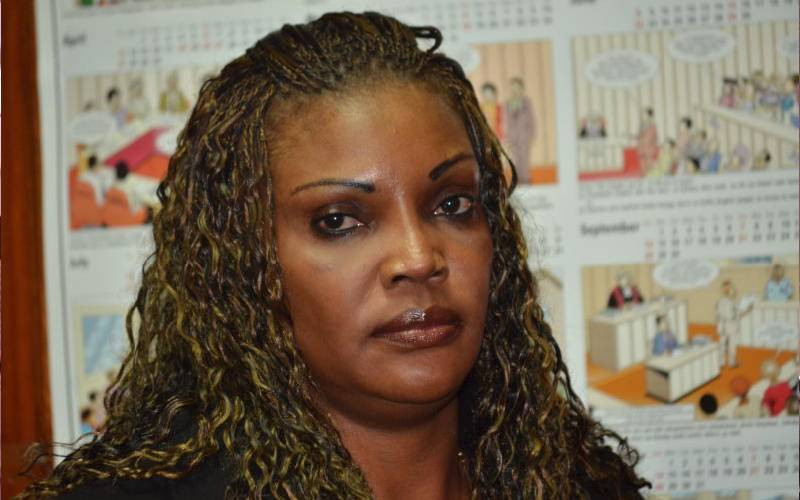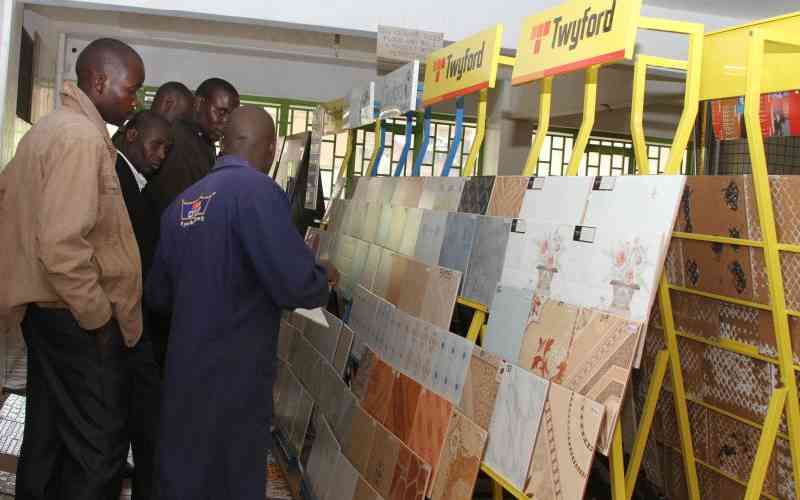By Antony Gitonga and Standard Reporter
For one Kariuki Chotara Wathanga, you either loved or hated him.
From a peasant farmer and jailbird, he went on to dine with the most powerful individuals in the country.
In some circles, Chotara was a hero who created jobs for hundreds of youths, fed the poor, clothed and settled street families.
In fact, one of the busiest streets in Naivasha is named after the former powerful politician.
But to others, he was a figure of hate.
On the day he died, it is said beer in Naivasha town flowed freely, as traders and those who disliked him celebrated.
During his hey days, he created one of the most dreaded Kanu youth groups.
A joke is told that those who appeared in the group’s ‘wanted list’ presented themselves to police rather than find themselves in the hands of the dreaded Kanu youth wingers.
So powerful were the youths that they conducted swoops in the town and punished the ‘offenders’. But it is his relationship with other politicians and former President Moi that made him leave a mark in the country’s history.
For instance, when Kihika Kimani and others started Change the Constitution Movement aimed at barring Moi from power in the event of the then President’s death, Chotara identified with the former Head of State.
He later rose to become the undisputed Kanu kingpin in Nakuru, championing the party cause and being heard across the entire country.
And when Kimani fled to Tanzania in 1979, Chotara replaced him as Kanu boss and went ahead to create real and imaginary enemies whom he fought with alacrity and gusto.
He constantly locked horns with another Kanu pillar, the late Ng’ang’a Kihonge, then Nakuru County Council Chairman (in late 1980s).
In one incident, Chotara arrived in his Naivasha backyard to find Kihonge had organised a visit to State House, along with other Kanu officials and were being feted by Moi.
Stay informed. Subscribe to our newsletter
Not one to be outdone, he immediately drove there, where he launched into a verbal attack on his foes, telling the former President: "Hapana sikiriza mambo ya hawa. Hawa marirara makinywa muma na hapa wanaongea! (Do not listen to these people. They spent the night taking an oath and here they are to fool you!)."
In another incident, Chotara was addressing a public rally and dropped the microphone but when he bent to pick it, his gun fell, too, along with several bullets from its shoulder holster.
As the crowd surged forward to catch a glimpse of the pistol, Chotara was to retort as he picked his firearm: "Munanjua mimi ni chap chuta na hata DO natoka Ebakathi hawethi gushooti kama mimi! (I am a sharp shooter and even a DO straight from training in Embakasi cannot outdo me)."
The most famous gaffe was the incident at the University of Nairobi, where student riots were the order of the day, at times over such issues as meals and their demands were always about ‘dialogue’, which was lacking.
Chotara, completely oblivious about what ‘dialogue’ really meant, was to tell the Government that "kama ni hiyo dialogue wanataka, si wapewe tu, kwani wananyimwa kwa nini? (If they want dialogue, let them have it. Why are they being denied?)"
And when the riots persisted, Chotara came to learn that they were being influenced by a man he heard was called Karl Marx.
"Sasa huyo Karo Maxi kama ni yeye anasubua watoto na kufudicha hawa mabo baya, si achikwe and kufugiwa dani? (If Karl Marx is the one teaching the students bad things, why shouldn’t he be arrested and locked up?)
He has a rich history full of turn and events that saw him move from a trained tailor to one of the most powerful politicians in Rift Valley.
Perhaps it is early encounter with the ruthless colonial administration that shaped his political thinking.
After moving to Nairobi in 1948, he joined the Kikuyu Central Association before linking up with Mau Mau in 1953.
It is said that he served diligently under Commander Mbaria Kaniu before he moved to Nairobi where he was arrested seven times but escaped.
In Nairobi, he lived with a Mr Kariuki Mambo and the two had similar names, which confused many.
Because of his skin complexion (he was light-skinned), he was nicknamed ‘Chotara’ (a kikuyu name for white man).
In 1954, the duo was arrested with guns and Mambo was hanged while Chotara was detained in Lodwar due to his age.
It is in Lodwar that he met the founding President Jomo Kenyatta, Fred Kubai, Kung’u Karumba, Paul Ngei and Bildad Kagia, who were in detention.
After being tossed from one prison to another across the country, Chotara was later set free in 1964 by Kenyatta.
Upon his release, Chotara became a wheat farmer in Naivasha before joining Kanu politics in 1975.
His political star started shining at this time when he was elected Kanu chairman, Naivasha division.
And as if he knew what lay ahead, in his last public address in Afraha Stadium in August 1987, he thanked all who had prayed for him adding that death was mandatory. He was later hospitalised and died on the morning of Saturday January 9, 1988.
 The Standard Group Plc is a
multi-media organization with investments in media platforms spanning newspaper
print operations, television, radio broadcasting, digital and online services. The
Standard Group is recognized as a leading multi-media house in Kenya with a key
influence in matters of national and international interest.
The Standard Group Plc is a
multi-media organization with investments in media platforms spanning newspaper
print operations, television, radio broadcasting, digital and online services. The
Standard Group is recognized as a leading multi-media house in Kenya with a key
influence in matters of national and international interest.
 The Standard Group Plc is a
multi-media organization with investments in media platforms spanning newspaper
print operations, television, radio broadcasting, digital and online services. The
Standard Group is recognized as a leading multi-media house in Kenya with a key
influence in matters of national and international interest.
The Standard Group Plc is a
multi-media organization with investments in media platforms spanning newspaper
print operations, television, radio broadcasting, digital and online services. The
Standard Group is recognized as a leading multi-media house in Kenya with a key
influence in matters of national and international interest.

